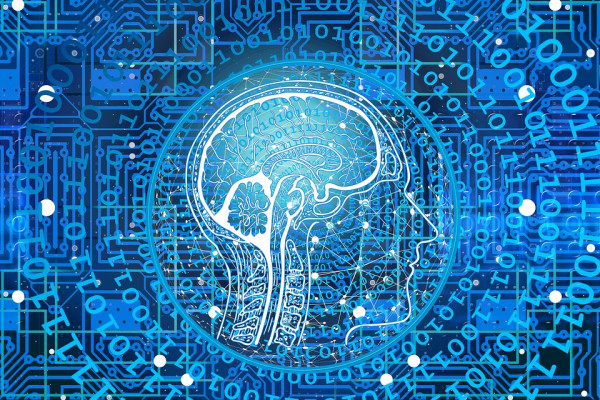How is AI changing the way we practise medicine?
Interviews about Medicine
Interviews about medicine, physiology, pathology, bacteria and viruses, pharmacology, food, hormones, neuroscience and psychology...
Featured
How can you tweak with people's belief systems to alter their viewpoints? And how has this been used in war and...
The nerve toxin Serin, mustard gas and how best to protect civilians and medical personel on site.
Putting military neuroscience into historical context: chemical warfare committed by the Greeks some 2300 yrs ago with...
Can neuroscience be used to enhance the mental fortitude of a soldier and fighting force on the ground?
New technologies to assist the ability of the human body to repair itself
A hungry baby is actually gulping down millions of its mother's stem cells...
Standard treatment for M.S. aims to prevent further damage, but new drugs may actually be able to repair damage...
We find out how environment and genetics intertwine to give rise to MS and hopes for treatment in the future.
We speak to MS patient Anthony about how a Campath drug trial has affected him.
What causes MS and how can the newly approved drug Campath treat it? We speak with Prof Alastair Compston from...
We speak with Anthony Dean about his experience of being diagnosed with Multiple Sclerosis.
Using magnets to synchronise the spin of tumour molecules, exposing them to imaging technology
How scientists are exploiting biological markers to improve the diagnosis of cancer
Tracking cancer tumours from fragments of DNA left behind in blood
What causes cancer, and how are the causes of cancer conducted?
Where do the cells lining the airway arise, and how does smoking affect them?
A new phylum of bacteria are uncovered in the human intestine...
Can bacterial fingerprints reveal when and where a person died?
Nadja Mannowetz has discovered the potassium ion channel in human sperm
Protein aptamers against resistance mechanisms in bacteria resensitises resistant bugs to old antibiotic agents...
Using genetic techniques, scientists are screening for new drug molecules to which bacteria struggle to develop...
Rapid DNA-sequencing technology can be used to identify quickly the bacteria responsible for causing an infection...
New technologies that can rapidly read the DNA sequences of bacteria can be used to study how different bugs move...
